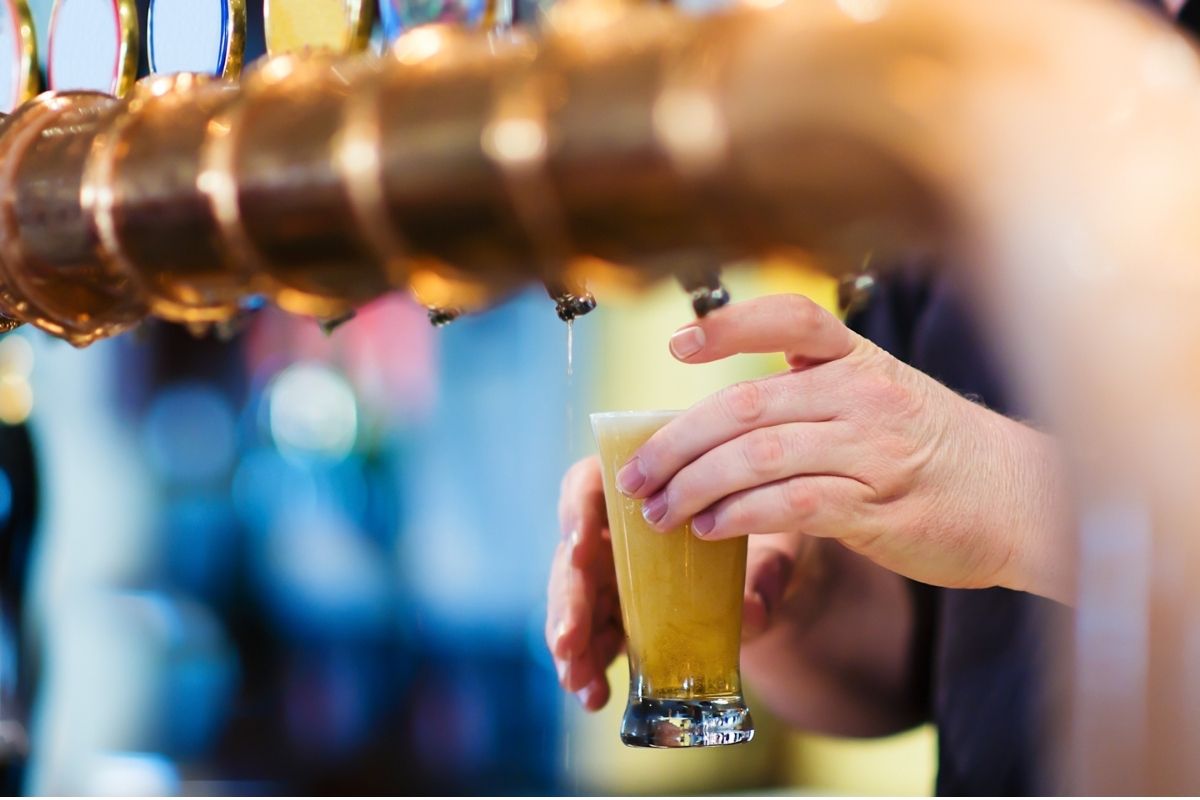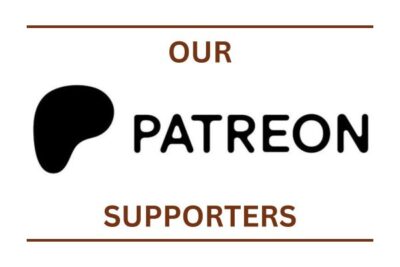The government has published a strategy outlining how it will work with the hospitality sector, as it re-opens and recovers from covid.

“It will ensure the hospitality sector is well placed to reach its full potential and contribute to the UK government’s ambitious overall plans for growth, levelling up, and environmental sustainability,” said a government spokesperson.
The new strategy, which aims to ensure these pandemic-hit businesses can thrive in the long term and adapt to consumer demands, has been launched by business minister Paul Scully. It focuses on the ‘three Rs’ of re-opening, recovery, and resilience.
It includes measures to help the sector rebuild and greener, including a potential new T-level to boost skills in the sector, bringing businesses together with universities to boost innovation, and reducing waste and plastic consumption.
Kate Nicholls, chief executive of UKHospitality, said: “The pandemic has devastated the hospitality sector and businesses are desperate to bounce back strongly and return to profitable trading. That’s why the launch of this new hospitality strategy is so important — it offers a strong platform to deliver the supportive regulatory and trading environment we need to recover, rebuild resilience, and thrive.
“Building and training our workforce is a top priority if hospitality is to quickly revive and drive a national recovery, so it’s incredibly positive that a key part of this strategy is focused on addressing the current recruitment challenges and raising the profile of long-term sector careers.
“On the focus on carbon reduction, significant work is already ongoing in terms of leading the sector to a net zero future, so measures that will help support the industry’s roadmap are welcome.
“Ultimately, this strategy sets out a positive vision for the future of hospitality and how a thriving sector can help regenerate high streets and tourism destinations across every part of the country. We look forward to working closely with Government to deliver a plan of action.”
The Society of Independent Brewers (SIBA) says that while the proposals are ‘very positive’, more needs to be done to support brewers, including the introduction of a differential duty rate for draught beer and positive reforms of small brewers’ relief which don’t leave small independent brewers worse off.
‘The road to recovery is only just beginning’
Chief executive, James Calder, said: “It is very positive to see the government tackling head-on the challenges that face the hospitality and brewing sector with the publication of their Hospitality Strategy: Reopening, Recovery, Resilience. [This] includes a case study of SIBA member Purity and the strides they have taken to limit their impact on the environment.
“Importantly, ministers have acknowledged the fact that, despite support, hospitality businesses have struggled to break even during coronavirus, and the road to recovery is only just beginning.
“Small independent breweries had their businesses cut off at the knees when pubs were forced to close — as 80% of the beer they produce is sold in pubs — but they did not receive the same support as the rest of the hospitality sector, leaving hundreds of breweries facing closure.”
He added: “The measures set out in the strategy to promote and support hospitality businesses are important, but if the government’s proposed changes to small breweries’ relief go ahead then it will all be for nothing and hundreds of local breweries across the UK could be forced to close. To safeguard the future of our small independent brewing industry, and give the great British pub a chance to recover, it is essential government ensure no small breweries see their tax hiked and a preferential rate is introduced for draught beer.
“SIBA look forward to working closely with BEIS to ensure our vital hospitality and brewing industry is given the means to recover and prosper once more.”


